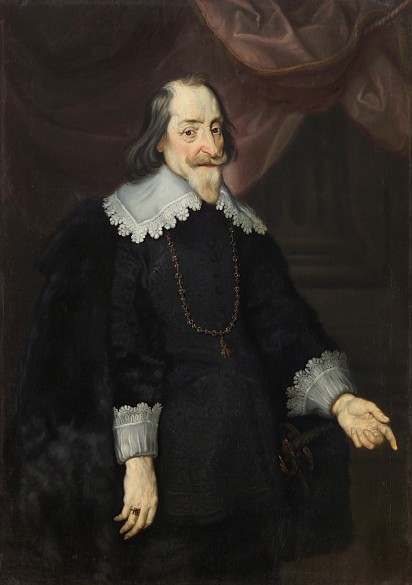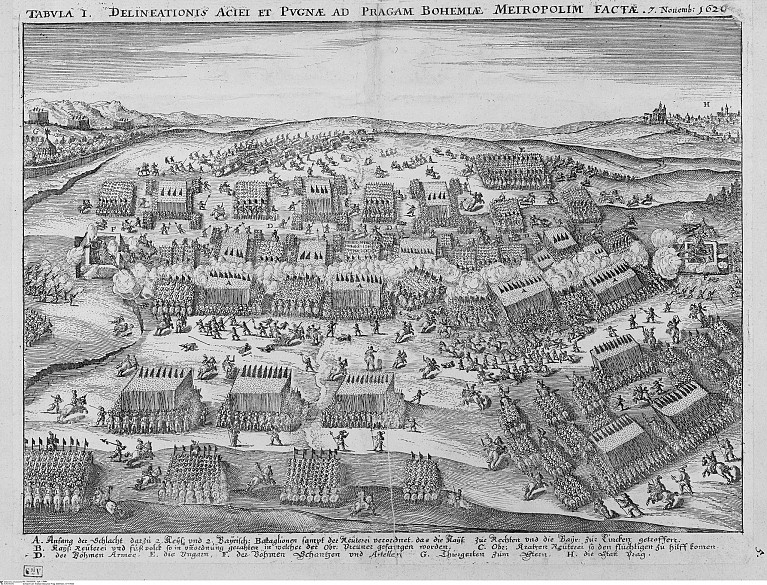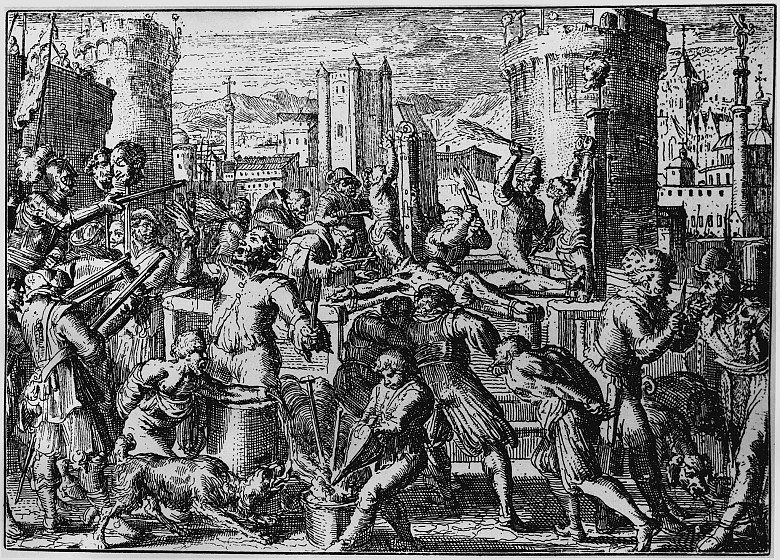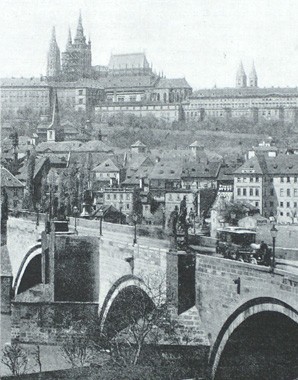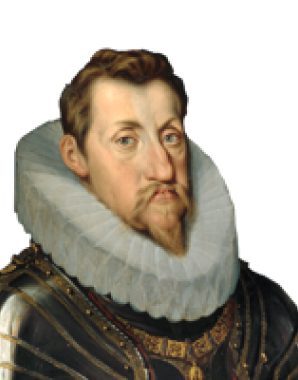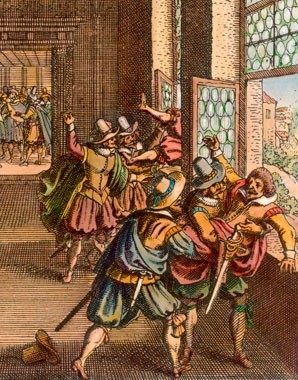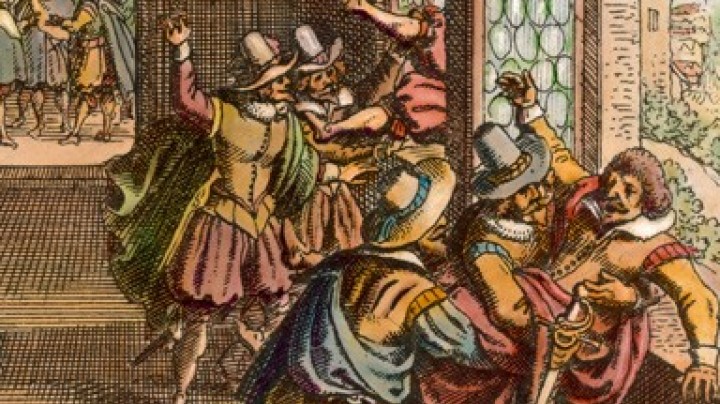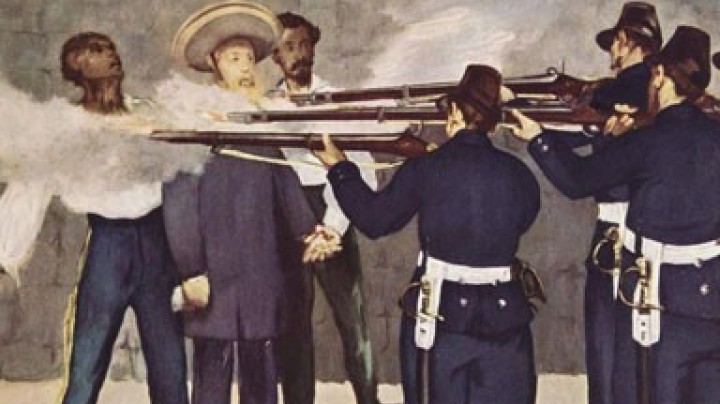The Czech trauma of Bílá Hora
A Protestant land becomes Catholic: following his victory at the Battle of the White Mountain, the Catholic emperor Ferdinand II meted out brutal punishments on the rebels.
From the chronicle of the Thirty Years’ War by the Aulic Councillor Count Volkmar Happes, concerning the Battle of the White MountainOn 8 November according to the new reckoning in the year 1620 the two mighty armies, that is to say, the imperial army and that of King Frederick the count of the Palatinate, held a great battle in which both sides fought bravely and many thousand men were killed. Finally the imperial forces won the victory by putting the Bohemians to flight and the unhappy King Frederick with his wife and children had to flee the kingdom that very same day.
Immediately after the Prague defenestration the rebels took over government in Bohemia, declaring Ferdinand II’s election as king of Bohemia invalid and putting his place the Elector Palatine Frederick V, who was destined only to hold office for a short time and thus earned the nickname of the ‘Winter King’. After his election to the imperial crown in September 1619, Emperor Ferdinand II concluded an alliance with his cousin Duke Maximilian I of Bavaria, thus securing the support of the Catholic League. Bavarian troops under the command of Count Tilly promptly occupied the likewise rebellious land of Upper Austria and took radical measures to suppress the Reformation there.
From summer 1620 onwards Catholic troops advanced on Prague. The decisive confrontation came on 8 November 1620, when all Ferdinand II’s problems were solved with one blow: at the Battle of the White Mountain (in Czech, ‘Bílá Hora’), the Emperor, supported by the Catholic League, defeated the Protestant Bohemian Estates. The 21,000 soldiers of the rebels faced an alliance of 12,000 soldiers of the Emperor and 14,000 of the League – the battle was over in two hours, with around 2,000 soldiers losing their lives. The victory was ascribed to the assistance of the Virgin Mary, the veneration of whom was one of the bones of contention that separated Catholics and Protestants.
The battle had grave consequences for Bohemia: the ‘Winter King’ Frederick had to flee and once again Ferdinand II was ruler. On 21 June 1621 there was a sitting of a Blutgericht, a court with authority to impose the death penalty: 27 persons were publicly executed, some heads being exhibited at public places for years afterwards. In the lands of the Bohemian crown there followed a process of forced re-Catholicization, which was also applied to the Austrian lands. The Emperor punished the country severely: many Protestants went or were driven into exile. Land estates were redistributed in favour of the Catholics. One of those who benefited from the huge restructuring of the country’s wealth was the Habsburg military commander Albrecht von Wallenstein. On account of its brutal consequences, Bílá Hora became a trauma for the land: in nineteenth-century Czech historiography the period between the Battle of the White Mountain and the Czech national revival was referred to as the doba temna or ‘dark time’.
